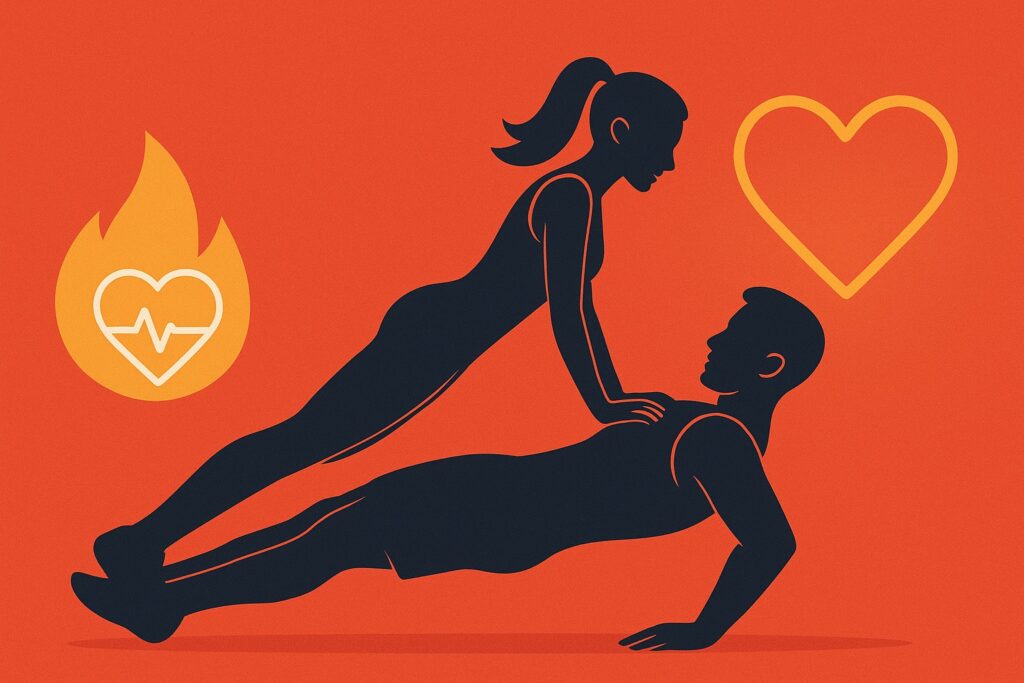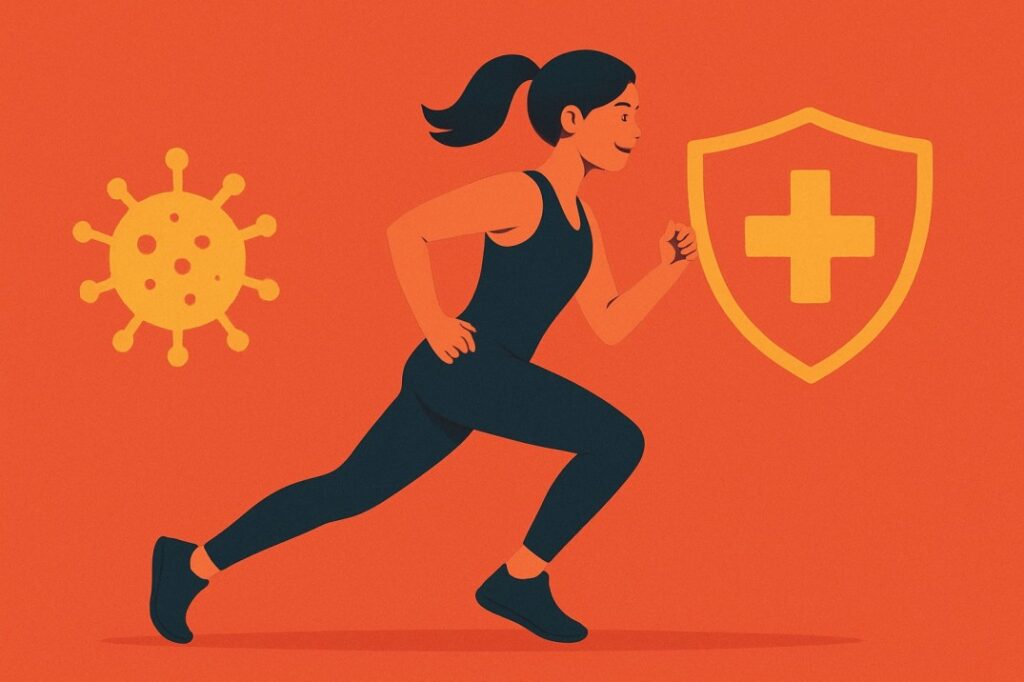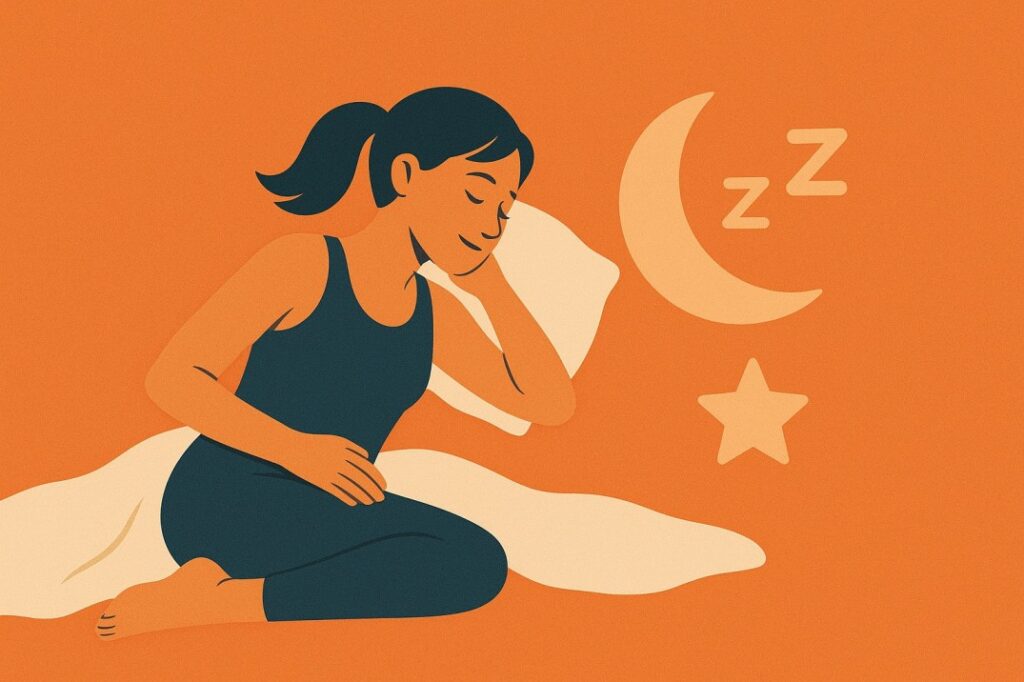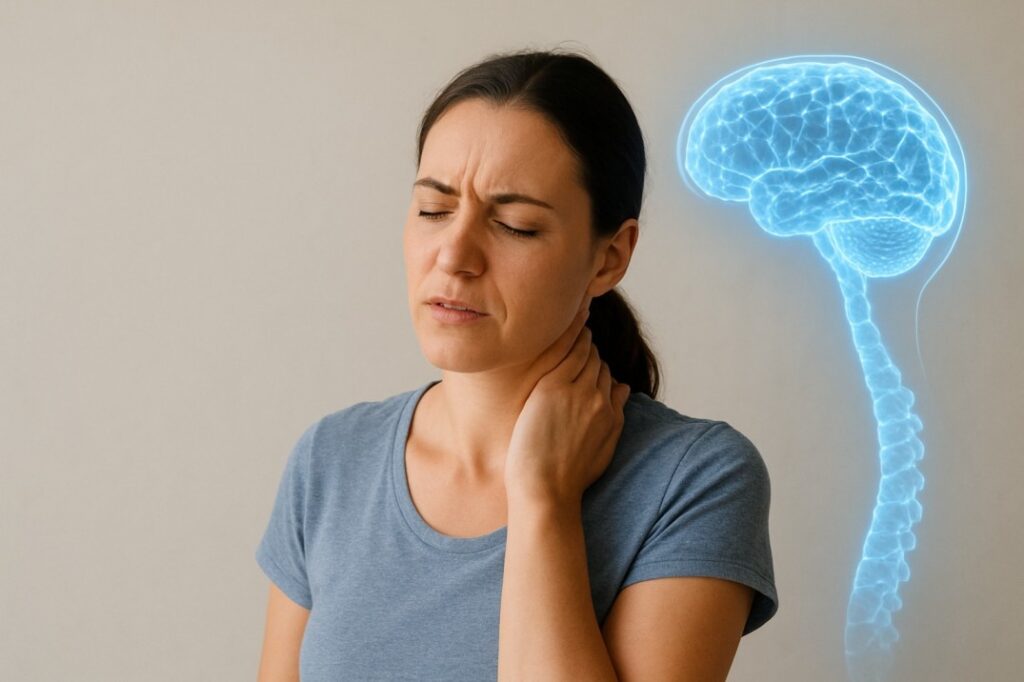Sex isn’t just about pleasure and intimacy—it’s actually a fantastic addition to your overall wellness routine. Research consistently shows that regular sexual activity can deliver impressive health benefits that complement your fitness goals perfectly.

Whether you’re with a partner or enjoying solo time, consensual sexual activity can boost both your physical health and mental wellbeing in ways that might surprise you.
🏃♂️ Sex as Exercise: The Calorie-Burning Facts

Think sex doesn’t count as a workout? Think again! Sexual activity is equivalent to moderate-intensity exercise, similar to a brisk walk or climbing stairs.
Here’s what the research shows:
- Men burn approximately 101 calories during an average 25-minute session
- Women burn about 69 calories in the same timeframe
- That’s roughly 4.2 calories per minute for men and 3.1 calories per minute for women
- The intensity averages 6.0 METs for men and 5.6 METs for women (comparable to moderate exercise)
While it won’t replace your regular cardio sessions, sex does involve stretching, strength training elements, and cardiovascular activity—making it a fun complement to your fitness routine.
❤️ Heart Health Benefits

Your cardiovascular system loves regular sexual activity. Studies show that people who have sex more frequently experience:
- Reduced stroke and heart disease risk in middle-aged adults
- Lower death rates from heart disease
- Improved heart rate variability
- Better overall cardiovascular function
Recent 2024 research confirms that those having sex less than once a month face higher cardiovascular disease risks, while the greatest heart benefits are seen in people having sex once or twice weekly.
Important note: Like any exercise, moderation is key. Too much sexual activity could potentially strain your heart, just like overexercising.
🛡️ Immune System Boost

Regular sexual activity can strengthen your body’s defense system. Research indicates that people who have sex more frequently show:
- Higher levels of IgA antibodies in saliva (your first line of defense against infections)
- Better ability to fight off illnesses
- Reduced susceptibility to common colds and flu
The immune benefits likely come from both the physical activity itself and the stress-reducing effects of sexual pleasure.
😌 Stress Relief and Mental Health

Sexual activity is a powerful stress-buster. Studies measuring cortisol (your body’s main stress hormone) show that sex and intimacy:
- Significantly reduce cortisol levels
- Help you cope better with daily stressors
- Improve recovery time from stressful events
- Boost overall mood and happiness
The benefits come not just from the physical act but from the intimacy and emotional connection involved.
💤 Better Sleep Quality

Most people report sleeping better after sexual activity, and there’s science to back this up. Sexual activity and orgasm:
- Help you fall asleep faster
- Improve overall sleep quality
- Release hormones that promote relaxation and drowsiness
- Reduce nighttime anxiety that can interfere with rest
Quality sleep is crucial for recovery, muscle growth, and athletic performance—making this benefit especially valuable for fitness enthusiasts.
🧠 Pain Relief and Neurological Benefits

Sexual activity and orgasm act as natural painkillers by:
- Releasing endorphins (your body’s natural “feel-good” chemicals)
- Providing relief from headaches—60% of migraine sufferers report improvement
- Reducing menstrual cramps through muscle contractions and hormone release
- Improving memory function in older adults
- Enhancing cognitive performance
💪 Self-Esteem and Confidence Boost

Regular sexual satisfaction correlates with:
- Higher self-esteem and body confidence
- Greater sense of autonomy and personal empowerment
- Improved body image—especially important for those on fitness journeys
- Better overall life satisfaction
This confidence boost can positively impact your workout motivation and performance.
🔬 Specific Health Benefits by Gender
For Men:
- Reduced prostate cancer risk: Men who ejaculate 21+ times per month show significantly lower prostate cancer rates
- Better erectile function maintenance through regular activity
For Women:
- Menstrual cramp relief through natural muscle contractions
- Improved pelvic floor strength (similar to Kegel exercises)
- Hormonal balance support
📈 Longevity Benefits
Perhaps most remarkably, research suggests that people with more frequent sexual activity may live longer. A 10-year study found that men with the most orgasms were half as likely to die during the study period, with the biggest difference in heart disease deaths.
🎯 Tips for Maximizing Health Benefits
- Consistency matters: Like exercise, regular activity provides better benefits than sporadic sessions
- Focus on quality: Stress-free, enjoyable experiences provide the most health benefits
- Communication is key: Good communication with partners enhances satisfaction and stress relief
- Don’t skip your regular workouts: Sexual activity complements but doesn’t replace structured exercise
- Prioritize safety: Use appropriate protection and maintain good sexual health practices
⚠️ Important Considerations
- Individual variation: Benefits can vary based on age, health status, and personal circumstances
- Quality over quantity: Enjoyable, stress-free sexual experiences provide the most benefits
- Not a medical treatment: While beneficial, sexual activity shouldn’t replace medical treatment for serious health conditions
- Listen to your body: Like any physical activity, pay attention to how your body responds
The Bottom Line
Sexual activity offers legitimate health benefits that complement your fitness and wellness goals. From burning calories and boosting your immune system to reducing stress and improving sleep, regular sexual activity can be a valuable addition to your healthy lifestyle.
Remember, the key to maximizing these benefits is ensuring that sexual activity is consensual, enjoyable, and stress-free. When it becomes another source of performance pressure, the health benefits diminish.
Consider sexual wellness as part of your overall health strategy—alongside regular exercise, good nutrition, adequate sleep, and stress management. Your body (and mind) will thank you for taking a comprehensive approach to wellness.
Always consult with healthcare providers about any health concerns. This information is for educational purposes and doesn’t replace professional medical advice.


